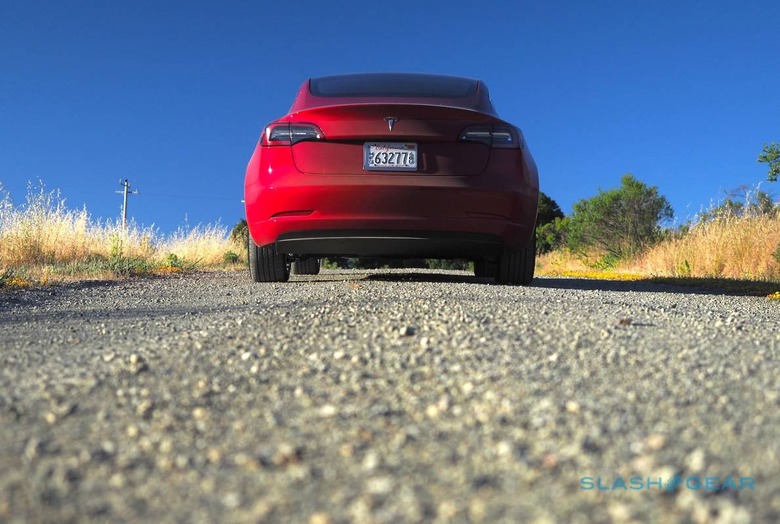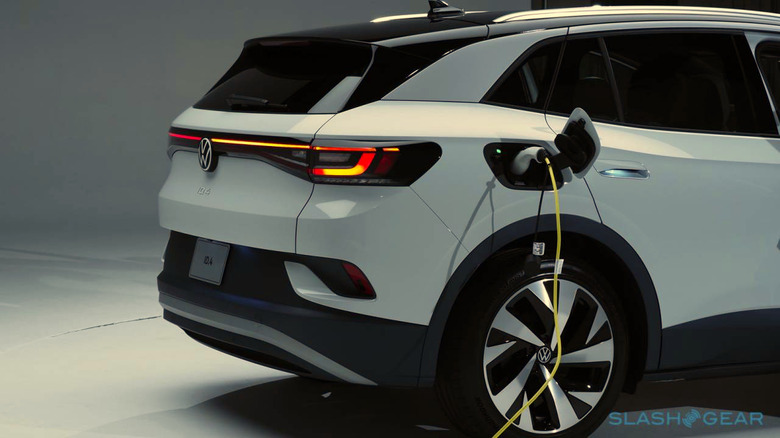California Will Ban Gas-Powered New Vehicle Sales From 2035
California will ban the sale of new gas-powered passenger cars and trucks from 2035, it's been announced, as the US state escalates its war on emissions that stoke climate change. Governor Gavin Newsom announced the new policy today, in a move that is likely to lead to furious debate about the continuing place of internal combustion in modern transportation.
As the largest individual market in the US for automobiles, California accounts for more than a tenth of the new vehicle sales in America each year. It's also the most stringent when it comes to emissions policies, going beyond federal requirements and setting its own, more intensive requirements.
Those limits have been adopted by a number of other states, and indeed the auto industry in general has elected to build to California's requirements rather than face a two-tier structure of vehicle production. It has also put Newsom on a collision course with the Trump Administration, which has sought in recent years to roll back Obama-era EPA guidelines.

Back in March, the EPA cut its vehicle fuel economy and pollution rules, requiring average fuel economy to reach 40.4 mpg across the industry by 2026, rather than 46.7 mpg as previously indicated.
"We're facing a climate crisis. We need bold action," Newsom said today. "CA is phasing out the internal combustion engine. By 2035 every new car sold in CA will be an emission free vehicle." According to Newsom, ending sales of passenger vehicles other than zero-emission models by 2035 could help cut emissions of greenhouse gases by 35-percent.
"Cars shouldn't give our kids asthma," the governor continued. "Make wildfires worse. Melt glaciers. Or raise sea levels. Transportation is responsible for more than 50% of California's greenhouse gas emissions. 80% of smog-forming pollution. And 95% of toxic diesel emissions."

The new policy will mean a huge shift to electrification. Currently, passenger vehicles sold in California range from regular gasoline and diesel models, through hybrids and plug-in hybrids, to pure electric. There are also other, more niche models, such as hydrogen-powered fuel cell vehicles, though their spread has been hampered by middling infrastructure.
That's not to say electric vehicle charging infrastructure is where it needs to be, either. In particular, urban areas have traditionally been underserved when it comes to fast charging provisions, particularly given many residents of cities lack designated parking spaces or regular access to home charging capabilities.
Of course, this new policy won't impact existing cars on the road, and only new vehicle sales. That means there'll still be plenty of gas-powered models around, and Newsom isn't talking about forcibly removing them from drivers, or banning used car sales. Nonetheless, we're likely to see strong momentum among automakers to encourage trade-ins of old, polluting vehicles in the hope of replacing them with zero-emissions models, and there may well be further state incentives for doing that as Newsom's fifteen year deadline narrows.
